“We are kept keen on the grindstone of pain and necessity.”
— H.G. Wells, The Time Machine
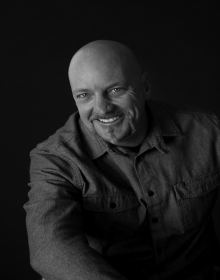
by Luke Schmaltz
The recent government-mandated closure of non-essential businesses derailed the economy like an F-5 tornado blindsiding a freight train, a manmade construct forced to bend to the unflinching will of nature.
The current fiscal catastrophe is — as some economists are predicting — the harbinger of an impending recession or perhaps even worse. Regardless, some Denver businesses owners and entrepreneurs are determined to adapt to these incredible circumstances and find a way to survive.
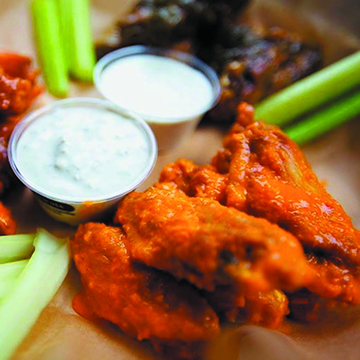
Many national brands across various industries are thriving like never before. Some include Zoom (video conferencing platform), Tushy (portable bidet maker), Drizly (delivery of adult beverages), Cleancult (organic cleaning products), GrubHub (restaurant delivery) and many more. Similarly, many local businesses are shifting direction to keep their sails unfurled amid chaotic tradewinds. While some have reconfigured operations, others have simply been in the right place at the right time.
It’s no secret that businesses such as grocery stores, liquor stores, marijuana dispensaries and gun vendors have multiplied their sales exponentially over the past month. Less surprising, however, are dine-in restaurants doing takeout only, custom clothiers, local breweries and bicycle repair shops who have found new revenue streams.
Ramping Up Takeout
The dine-in aspect of food service is widely employed because table service facilitates higher ticket averages than to-go orders. Yet, the takeout-only model has proven to be viable for fast food brands and independent restaurateurs alike. While most establishments without a takeout dimension to their business model are shuttered, a few holdouts have managed to pare down operations, shift focus and continue serving a populace that shows no sign of losing its taste for professionally-prepared cuisine.
While the upheaval is nothing short of devastating for most, Fire on the Mountain has managed to harness the inertia of a disaster for life-saving revenues. Manager Craig “Cheech” Oberlink explains how FOTM’s current solvency is based on a deep-rooted connection to the community, “The neighborhoods we are in are super-supportive and family-centric.” Both FOTM Denver establishments are leveraging their “ready to go-centric” offerings for takeout-only service. Rather than dilute their revenues by accessing GrubHub or UberEats, they have opted to keep the revenue stream in-house. Staff members are the delivery drivers, bringing hot wings and brand favorite Vegan Mac-and-Cheese-Balls to loyal customers. As Highlands employee Aaron Howell puts it, “I feel that I am doing important work by feeding people and they [FOTM] create a culture that facilitates that.”
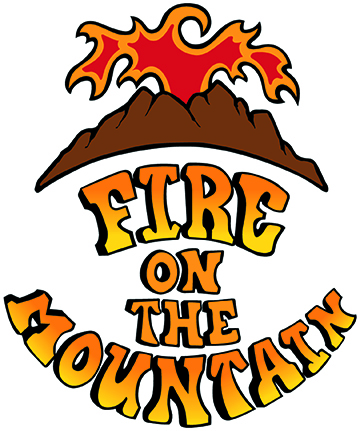
Although FOTM has had to pare down, those left with jobs such as Howell are grateful. “They have done so much for me that I am willing to lean into this crisis, help out
however I can. I feel the same way about them as I feel about my own family. Everyone has to pick up an oar and row the boat.” Meanwhile Oberlink — an industry veteran — remains cautiously optimistic, “It feels good to keep people employed and to see the neighborhood support the restaurant. A lot of places can’t stay open so we feel super lucky.” Sales are not what they were a month ago, yet FOTM seems to have struck an affable nerve within the community. Oberlink recounts a recent morning, “I showed up to work and there was a big heart cut out of cardboard taped to our door that said ‘Stay Strong.’”
Good Neighbors
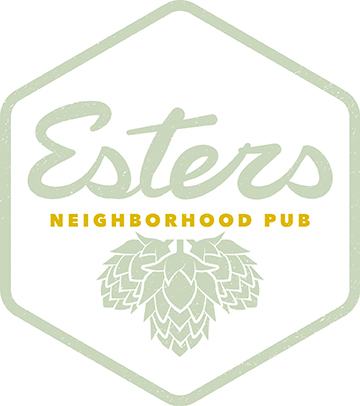
The notion of appreciative patrons is apparent, as Esters Neighborhood Pubs are feeling the crunch but not the cold shoulder. Owner Paul Sullivan explains, “The community and our neighborhood have been absolutely amazing in supporting us and continuing to call in orders. There’ve been so many touching moments from customers including dropping off face masks for our coworkers, randomly buying lunch for front line workers, multiple tips of over 100%, buying large gift cards just to support the restaurant and the list goes on. It has made me realize that Esters and this community is so much more than the dollars and cents of the situation. Even though this pandemic has been terrible for a lot of people, I am humbled and grateful for the amount of kindness I have been witnessing.”
Mask Production
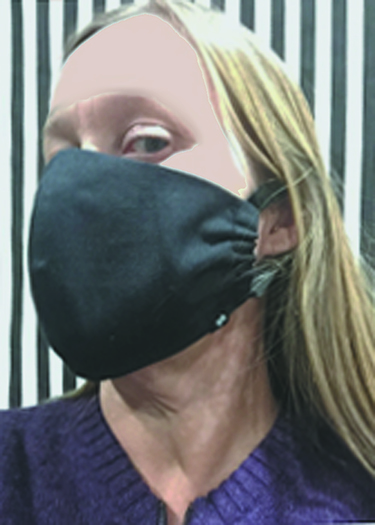
Heroes in the trenches of the fight against COVID-19 work in essential capacities — most importantly in hospitals. By March 19, signs were pointing to the grim reality that the pandemic had the potential to catch the frontline off guard. On March 19, Deb Henriksen — owner/operator of Equillibrium Clothing — contacted an associate working as an ER nurse at St. Joseph’s Hospital to gain an informed perspective. She quickly discovered that essential personal protective equipment (PPE) supplies were running dangerously low. Henriksen jumped into action and began making multiple-use masks from hemp and bamboo textiles she had on hand. The impetus was to deliver immediate support in a “sew-it-forward” gesture of community service bolstered by long-earned brand integrity. She furthered her efforts to support the Athena Mask Project — informed by her role as an online teacher at Rocky Mountain College of Art and Design (RMCAD). Online sales of Equillibrium Face Masks have since spiked, and she pledges to continue giving away one mask to those in need for each sold and to donate 10% of revenue to sustainable initiatives. Henriksen attests, “The sales keep my work essential and going, I am very grateful for that. I know there are many people out of work, and I cannot say the same thing.” She also adds, “ I have been deeply touched by the appreciation of what I am doing from those who receive masks. It brings great joy in a time of sadness to help out others.”
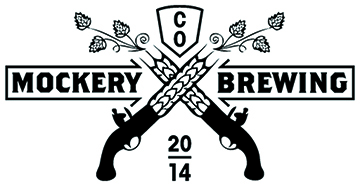
Closing The Gap
Just as a beer can opens and the drinker pulls it to their lips, so too do libations at large have to make their way to the intended recipients. Yet, bars are shut down —interrupting the supply chain from producer to consumer by cutting out the all-important, confluence of social drinking. Local breweries are facing plummeting sales to the tune of 80%, yet stalwarts like Mockery Brewing forge forth — offering curbside pickup of crowlers and bottles of their 14 selections of beers. This is a trying time that has brought out the best in some people. Owner/Brewer Zach Rabun explains, “We have seen some truly generous tipping from a handful of customers. This is a great boon to both our bartenders and
overall morale. We have also had a lot of our suppliers reach out to see how they can reorganize to best support our needs.” As the social dynamics shift, Rabun and his staff remain flexible in order to accommodate their customers. “We set up an online portal to allow people to make pre-orders before stopping by the brewery, as well as request deliveries. This has kept everything running very smoothly and prevented lines from forming, thereby avoiding any social distancing issues. Since the majority of our sales are coming in the form of crowler orders, we have been able to offer our full selection of beers.”
Upcycle
All bicycle repair shops such as Totem Cyclery and Base Camp Cyclery are operating on an appointment-only basis. Yet, the stay-at-home decree has prompted desktop dynamos and cubicle curmudgeons alike to turn themselves into overnight athletes. Local bike shops are reporting record numbers of requests for repairs and upgrades. In the midst of mass death — lazy people are, alas, trying to get healthy. Specialized boutique tune-up shops are becoming Hipster Jiffy lubes and Yuppie Grease monkeys. This shift reveals the urge within many who make that New Year’s resolution to get in shape and lose that unnecessary weight to actually do it.

Perhaps in the pursuit of treating ourselves better, we can learn how to treat one another with the same respect, dignity and grace. A major shift is at work. The pandemic is local. To live through it as a community, we must eat well, be kind, breathe pure, drink locally and ride with purpose.
